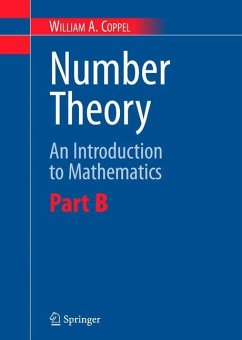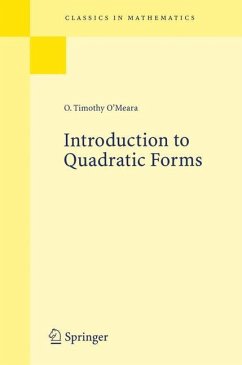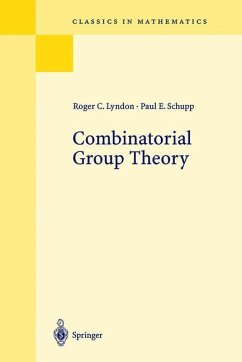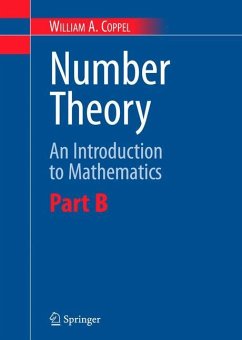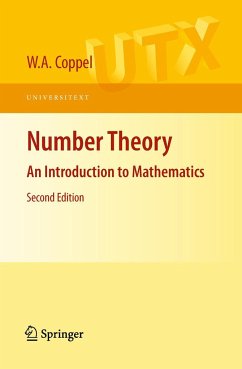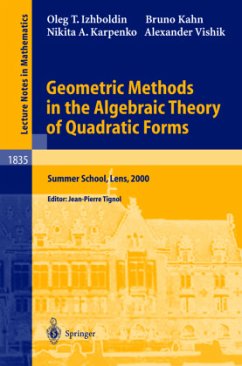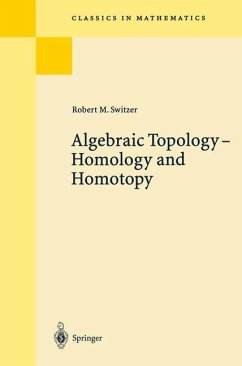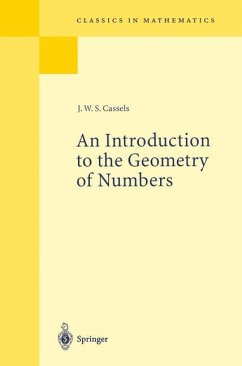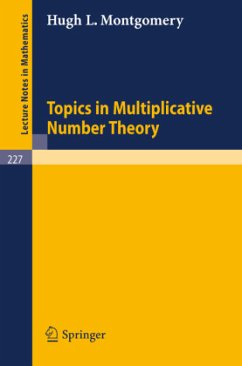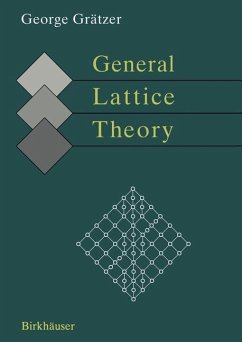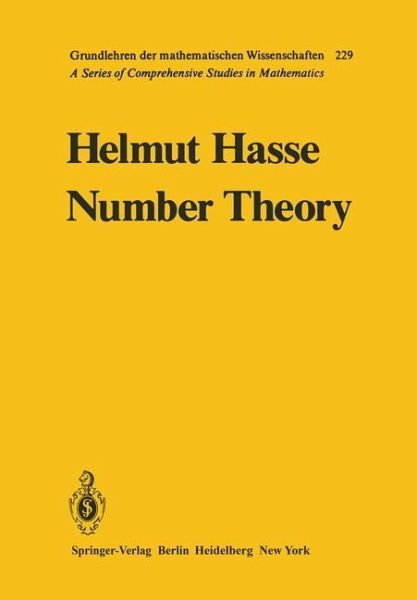
Number Theory

PAYBACK Punkte
22 °P sammeln!
From the reviews: "...a fine book ... treats algebraic number theory from the valuation-theoretic viewpoint. When it appeared in 1949 it was a pioneer. Now there are plenty of competing accounts. But Hasse has something extra to offer. This is not surprising, for it was he who inaugurated the local-global principle (universally called the Hasse principle). This doctrine asserts that one should first study a problem in algebraic number theory locally, that is, at the completion of a vaulation. Then ask for a miracle: that global validity is equivalent to local validity. Hasse proved that miracl...
From the reviews:
"...a fine book ... treats algebraic number theory from the valuation-theoretic viewpoint. When it appeared in 1949 it was a pioneer. Now there are plenty of competing accounts. But Hasse has something extra to offer. This is not surprising, for it was he who inaugurated the local-global principle (universally called the Hasse principle). This doctrine asserts that one should first study a problem in algebraic number theory locally, that is, at the completion of a vaulation. Then ask for a miracle: that global validity is equivalent to local validity. Hasse proved that miracles do happen in his five beautiful papers on quadratic forms of 1923-1924. ... The exposition is discursive. ... It is trite but true: Every number-theorist should have this book on his or her shelf."
(Irving Kaplansky in Bulletin of the American Mathematical Society, 1981)
"...a fine book ... treats algebraic number theory from the valuation-theoretic viewpoint. When it appeared in 1949 it was a pioneer. Now there are plenty of competing accounts. But Hasse has something extra to offer. This is not surprising, for it was he who inaugurated the local-global principle (universally called the Hasse principle). This doctrine asserts that one should first study a problem in algebraic number theory locally, that is, at the completion of a vaulation. Then ask for a miracle: that global validity is equivalent to local validity. Hasse proved that miracles do happen in his five beautiful papers on quadratic forms of 1923-1924. ... The exposition is discursive. ... It is trite but true: Every number-theorist should have this book on his or her shelf."
(Irving Kaplansky in Bulletin of the American Mathematical Society, 1981)





